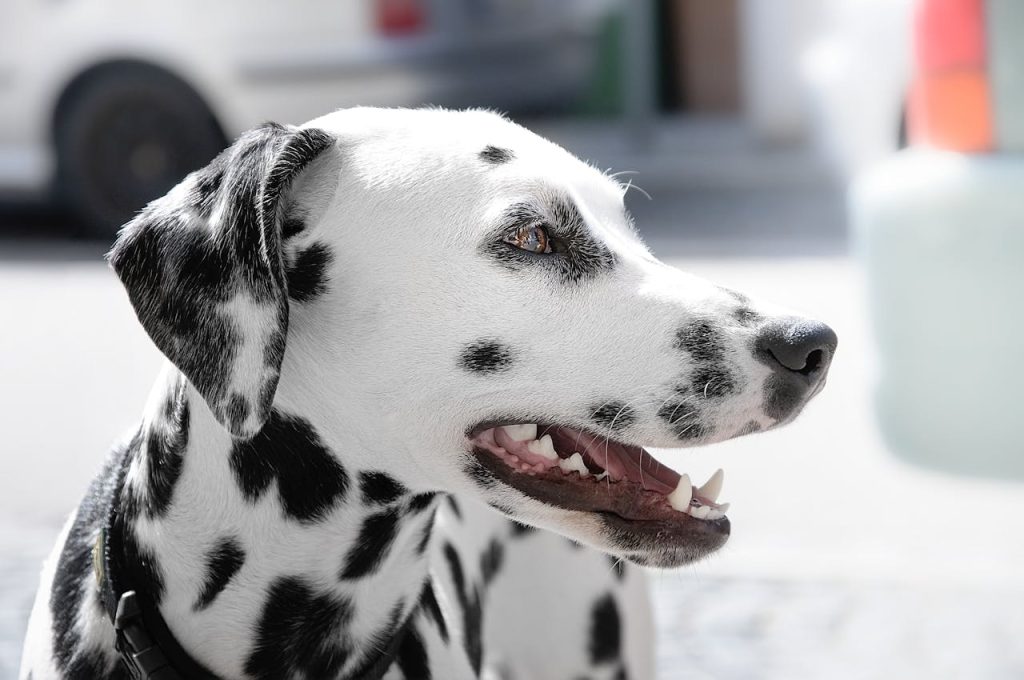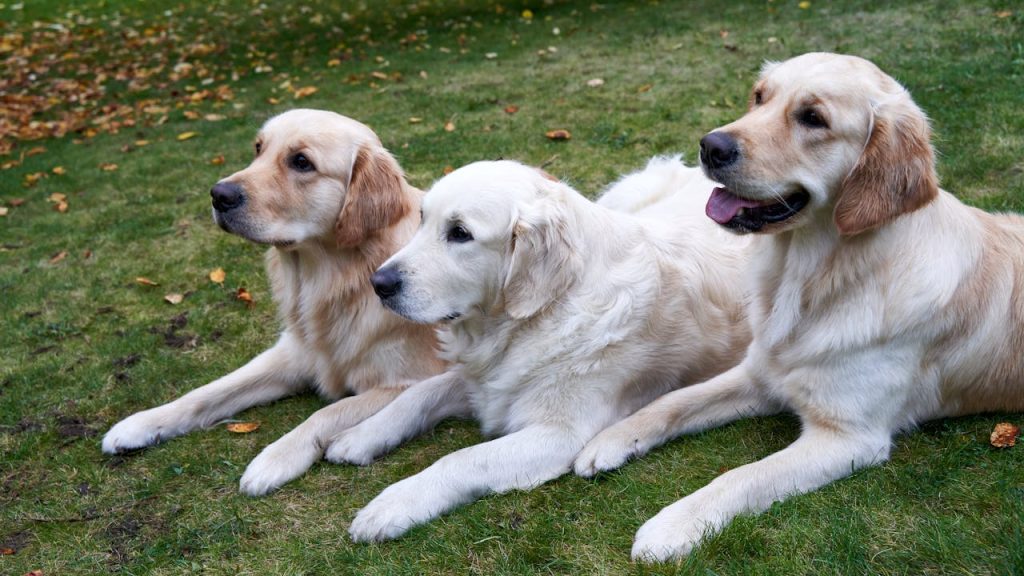When Do Dogs Lose Their Baby Teeth?: You are on this page because you might be wondering to know the question; Dog Lose Baby Teeth? when do dogs lose their baby teeth? or whichever one you are looking at, the answer here will put an end to your inquisition.
Have you ever thought about when dogs start to lose their baby teeth? It’s a common question for new dog owners, and the answer can surprise some people.
It’s important for all dog owners to know when their pup is expected to start losing their baby teeth and when they are expected to get their adult teeth.
This blog post will provide an overview of when and how your puppy’s baby teeth fall out, and what to expect as your puppy’s adult teeth come in.
Contents
Why is it important for dogs to lose their baby teeth?

Getting an answer to When Do Dogs Lose Their Baby Teeth? However, for puppies, losing their baby teeth is an important part of the growth process.
Baby teeth are important for puppies to chew and eat their food, but they are weaker and more prone to breakage or damage.
This means that it is important for puppies to lose their baby teeth in order to make room for the growth of adult teeth.
Losing the baby’s teeth can cause pain and discomfort for the puppy, but this is normal and part of the growth process.
It is important for puppies to lose their baby teeth so that the adult teeth can grow properly and develop into strong, healthy teeth.
The process of losing baby teeth also helps the puppy learn how to chew, as the adult teeth are more suited for chewing than the baby teeth.
Overall, losing baby teeth is a natural and important part of a puppy’s growth. It is important to make sure that puppies are able to chew and eat properly until their adult teeth replace the baby teeth, and that they are not experiencing too much pain or discomfort.
When should dogs lose their baby teeth?
In response to the answer to When Do Dogs Lose Their Baby Teeth?; As puppies grow and transition into adulthood, one of the first signs of this change will be the loss of their baby teeth.
Around 3-4 months of age, puppies will start to lose their baby teeth, which will be replaced by the adult teeth in the same order as the baby teeth.
By the time a puppy is six months old, all of its baby teeth should have been replaced by adult teeth.
During this transition, puppies may experience some discomfort as they are teething and may chew on things to help alleviate the pain.
To ensure that all the baby teeth have been replaced by adult teeth, it is important to have the puppy’s teeth checked by a veterinarian.
If the baby’s teeth are not replaced by the adult teeth, this could cause problems with eating and speaking, so it is important that the puppy’s teeth are checked regularly to ensure their health and safety.
By what age should a dog not lose baby teeth become a concern?

When do dogs lose their baby teeth? On average, puppies start to lose their baby teeth between 4 and 5 months of age. A puppy should have all of its adult teeth by the age of 6 months.
However, if a puppy has not lost all of its baby teeth by the age of 5 or 6 months, it is important to consult a veterinarian to determine the underlying cause.
It is important to examine your pup’s mouth regularly for any signs of retained baby teeth or abnormal growth and to have any issues addressed promptly.
Teeth that do not fall out on their own may need to be removed surgically in order to prevent any further problems.
If your pup is over 6 months of age and some baby teeth are still present, a veterinarian should be consulted for further evaluation.
A veterinarian can help determine the cause of retained baby teeth, as well as recommend the best course of action.
They may prescribe antibiotics to treat any underlying infections or recommend the removal of the teeth if needed. In some cases, teeth may need to be removed surgically.
It is important to take any necessary measures to ensure that your puppy’s mouth is healthy and free of any problems.
Overall, it is important to be aware of when your pup should lose its baby teeth and to consult a veterinarian if any issues arise.
Regularly examining your pup’s mouth and getting any issues addressed promptly can help ensure that your pup’s mouth stays healthy.
what to do when dog is losing baby teeth
As puppies grow, they will eventually lose their baby teeth and grow stronger and more permanent adult teeth.
Knowing when to expect this process can be difficult, but there are a few things you can do to help your pup along.
First, check your dog’s mouth regularly for loose teeth. This will give you a general idea of when to expect the baby’s teeth to come out.
Additionally, brushing your dog’s teeth regularly can help to loosen baby teeth, so make sure to incorporate this into your pup’s daily routine.
Providing plenty of chew toys can also help with the loosening of baby teeth, as well as provide your pup with a fun activity.
Check Out Below Related Posts:
- Raccoon Names: 230 Cute, Funny, And Famous Raccoon Names
- Dog Grooming Tools: Superb 5 Essential Tools
- ESAs: No. 1 Multiple ESAs and Places You Can Take Them
- 400+ Cute, Unique, Good, And Best Hermit Crab Names
- 300+ Cute, Good, Famous, And Funny Goose Names
The process of losing baby teeth may not be entirely painless. Be prepared for some minor bleeding from the gums as the teeth come out.
If a baby’s tooth does not fall out, consult your vet to have it extracted. Feeding your pup a healthy diet can ensure strong adult teeth, and providing plenty of fresh, clean drinking water will help to keep your pup’s teeth healthy.
If your pup is having difficulty losing baby teeth, it is important to consult a veterinarian. It is also important to keep an eye on your puppy’s mouth to make sure that its adult teeth are growing properly.
Ask a Vet
In case your Pet is Sick & Need Help we advocate you converse with a vet ASAP. JustAnswer means that you can discuss in real-time with veterinary consultants for a small price.
Dog Lose Baby Teeth Conclusion
As part of the conclusion, When Do Dogs Lose Their Baby Teeth or When do puppies lose their baby teeth? Puppies will typically lose their baby teeth between the ages of three and six months, making the teething process a painful and uncomfortable one.
To help them through this difficult process, it is important to monitor your puppy and provide them with teething toys and other items to chew on.
During this time, it is also important to make sure that your puppy is not chewing on any hazardous items.
After the baby teeth are gone, the adult teeth should start to come in. If your puppy experiences any problems with their teeth, it is important to take them to the veterinarian for an examination.
By taking the proper steps during the teething process, you can help ensure that your puppy will have a healthy and happy smile for years to come.

